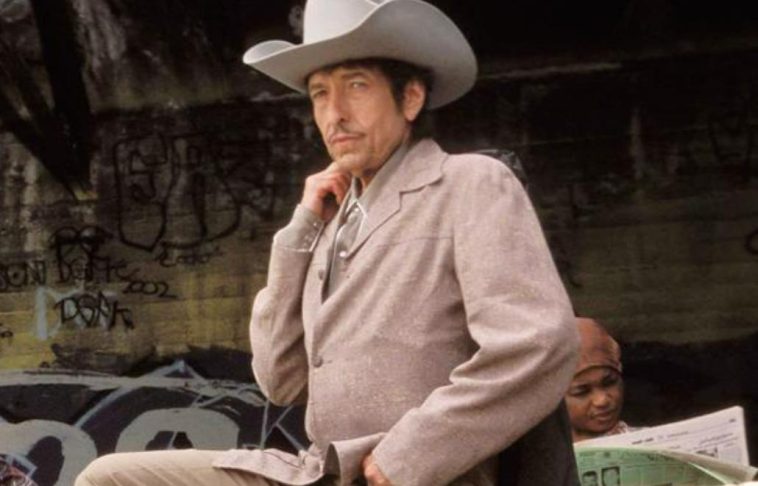How Well Do You Know With God On Our Side Lyrics Quiz
Question 1 |
Where does the speaker claim to come from?
The South | |
The East Coast | |
The Midwest | |
The West Coast | |
A foreign land |
Question 1 Explanation:
The first stanza explicitly states, "The country I come from / Is called the Midwest."
Question 2 |
What does the narrator say about his name and age?
They’re fictional | |
They’re sacred | |
They mean everything | |
They mean less or nothing | |
They are hidden for safety |
Question 2 Explanation:
The lyrics say, "My name—it ain't nothin'. My age—it means less."
Question 3 |
Which historical wars are explicitly mentioned in the third stanza?
Revolutionary War and War of 1812 | |
Spanish-American War and Civil War | |
Korean War and Vietnam War | |
Gulf War and Iraq War | |
Napoleonic Wars and Franco-Prussian War |
Question 3 Explanation:
The third stanza mentions, "The Spanish-American / War had its day / And the Civil War too."
Question 4 |
What instruction did the speaker receive about the land they live in?
To question all laws | |
To live freely without rules | |
To abide by the laws | |
To challenge authority | |
To ignore historical accounts |
Question 4 Explanation:
The first stanza says, "I's taught and brought up there / The laws to abide."
Question 5 |
How did the speaker learn to accept the First World War?
With sorrow | |
With indifference | |
With pride | |
With anger | |
With resignation |
Question 5 Explanation:
The fourth stanza states, "But I learned to accept it / Accept it with pride."
Question 6 |
What does the narrator say about WWI?
He proudly joined it | |
It brought prosperity | |
He never understood it | |
It was necessary | |
It changed nothing |
Question 6 Explanation:
"The reason for fighting / I never did get."
Question 7 |
How many were said to have died in the ovens?
2 million | |
4 million | |
10 million | |
6 million | |
5 million |
Question 7 Explanation:
"Though they murdered six million / In the ovens they fried."
Question 8 |
What kind of weapons are mentioned in the later verses?
Drones | |
Firebombs | |
Nuclear bombs | |
Chemical dust | |
AI-controlled missiles |
Question 8 Explanation:
"But now we got weapons / Of chemical dust."
Question 9 |
What doesn’t happen when God's on your side, according to the song?
Prayers | |
Guilt | |
Peace | |
Questions | |
Love |
Question 9 Explanation:
"And you never ask questions / When God's on your side."
Question 10 |
What literary device is strongly used in the song?
Simile | |
Irony | |
Hyperbole | |
Metaphor | |
Alliteration |
Question 10 Explanation:
The repetition of "God on our side" is used ironically to criticize blind nationalism and war justification.
Question 11 |
What is the main point the song makes about history?
History is always accurate and unbiased. | |
History is often written by the victors to justify their actions. | |
History is irrelevant to current events. | |
History should be forgotten. | |
History proves God's intervention. |
Question 11 Explanation:
The lines "The history books tell it / They tell it so well" followed by descriptions of conquest and violence, especially with "God on its side," suggest a critique of how history is presented to legitimize war.
There are 11 questions to complete.

